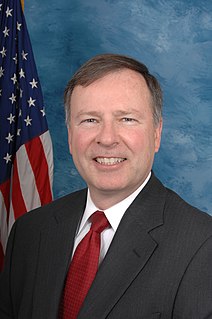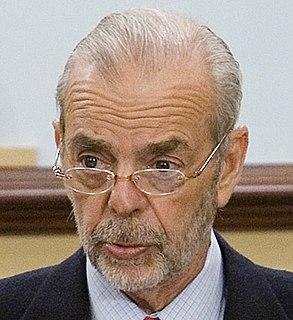Top 72 Qualitative Quotes & Sayings - Page 2
Explore popular Qualitative quotes.
Last updated on April 14, 2025.
The merit of Marx is that he suddenly produces a qualitative change in the history of social thought. He interprets history, understands its dynamic, predicts the future, but in addition to predicting it (which would satisfy his scientific obligation), he expresses a revolutionary concept: the world must not only be interpreted, it must be transformed. Man ceases to be the slave and tool of his environment and converts himself into the architect of his own destiny.
the leader releases energy, unites energies, and all with the object not only of carrying out a purpose, but of creating further and larger purposes. And I do not mean here by larger purposes mergers or more branches; I speak of larger in the qualitative rather than the quantitative sense. I mean purposes which will include more of those fundamental values for which most of us agree we are really living.
The United Nations remains the sole universal international organisation designed to maintain global peace. And in this sense it has no alternative today. It is also apparent that it should adapt to the ever-changing world, which we discuss all the time: how it should evolve and at what rate, which components should undergo qualitative changes. Of course, I will have to or rather should use this international platform to explain Russia's vision of today's international relations, as well as the future of this organisation and the global community.
Poetry and code - and mathematics - make us read differently from other forms of writing. Written poetry makes the silent reader read three kinds of pattern at once; code moves the reader from a static to an active, interactive and looped domain; while algebraic topology allows us to read qualitative forms and their transformations.
Man is more than his environment. It is from the innate quality of the Spirit in him, his inner storehouse, that he draws those ideas, his intuitions, which unify his perceptions of the external world instantaneously with a value which is qualitative and not quantitative, and which he embodies in the works of his culture - those achievements which belong not only to one particular time but to all times, and mark the path of his upward progress.
You could conceive spirituality as the study of the immeasurable, of the qualitative. But that's very different from the way we typically use the word. A spiritual person, in the popular conception, is somebody who's kind of aloof from the world, introspective, meditating, communing with non-material beings. That's the spiritual realm, and we elevate it above the material realm. What's more worthy, what's more admirable? Who's the one who has done this hard work on the self, and has done a lot of "practice"? That's the spiritual person.
Since ancient times, the left side has stood for the side of the unconscious or the unknown; the right side, by contrast, has represented the side of consciousness or wakefulness. Through the late twentieth century, the movement of the Left limited themselves to a materialist understanding of reality- exemplified by Marxism- demanding social justice and economic equality but not the restoration of intuition and the recognition of the hidden, qualitative dimensions of being suppressed by the mental-rational consciousness, narrowly focused on the quantifiable.
People are put down in television now, not because they're not qualitative, not because they're not talented - but because there's no room for them, and worse than that, there's nowhere they can find exposure. Their own good talent may die of mourning, just for want of having somebody read what they've written. I don't presume to say how we can best provide platforms for new writers to get read. I don't know. But therein lies the major problem.
My book, Oral History: Understanding Qualitative Research is about how researchers use this method and how to write up their oral history projects so that audiences can read them. It's important that researchers have many different tools available to study people's lives and the cultures we live in. I think oral history is a most needed and uniquely important strategy.
The line-by-line, sequential, continuous form of the printed page slowly began to lose its resonance as a metaphor of how knowledge was to be acquired and how the world was to be understood. "Knowing" the facts took on a new meaning, for it did not imply that one understood implications, background, or connections. Telegraphic discourse permitted no time for historical perspectives and gave no priority to the qualitative. To the telegraph, intelligence meant knowing of lots of things, not knowing about them.
While I wholeheartedly support finding cost savings through efficiencies in all areas of the federal government, including defense, I will resist any actions that would compromise our nation’s qualitative edge when it comes to national defense. It is well known that weakness invites aggression. Threats do not always announce themselves in advance. In order to prepare for unpredictable threats, we must modernize our defense systems. We certainly cannot let them age and deteriorate.
I think polling is the best way of gauging public opinion - doing something that's independent, that's quantitative, that doesn't give just the loud voices about how things are going; or doesn't give so called experts the notion that they know what public opinion is. I think that's what makes public opinion polling pretty important. Qualitative assessments of public opinion; going out and talking to people and understanding the nuance to what's behind the numbers. I think it's awfully important as well.











